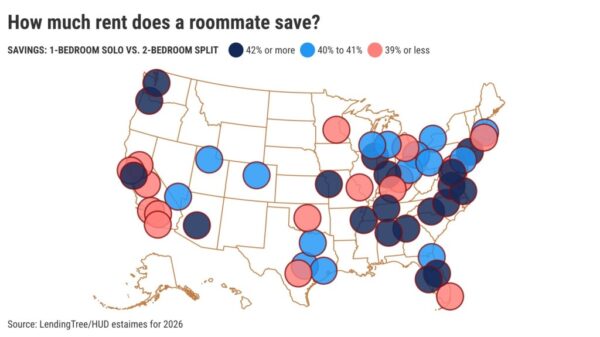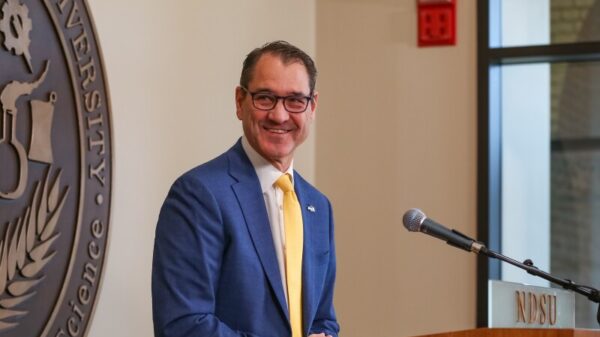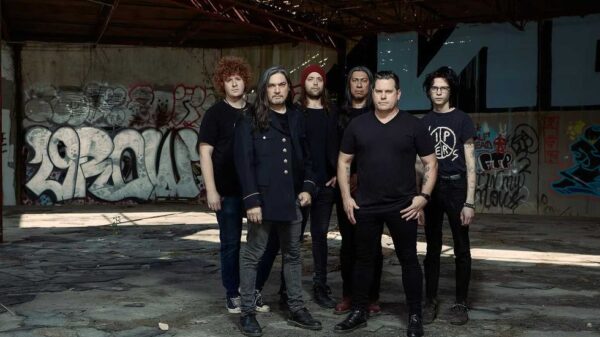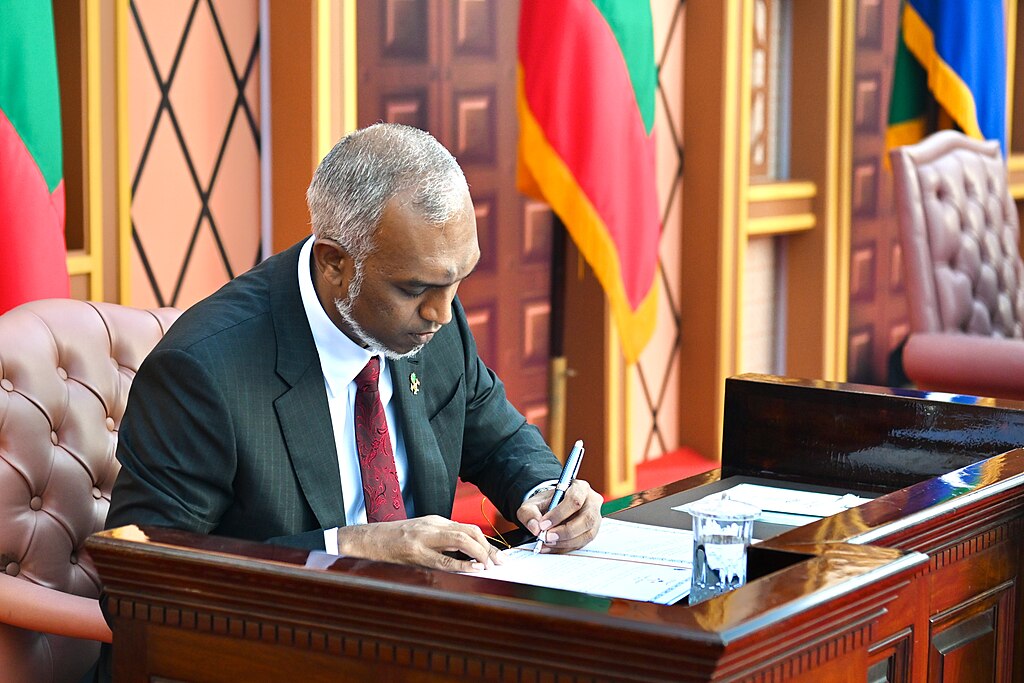A coalition of nine rights organizations has called on the government of the Maldives to reject proposed amendments aimed at reinstating the death penalty for drug trafficking. This appeal follows President Dr. Mohamed Muizzu‘s announcement of a review of the amendments to the Drug Act (No.17/2011), which seek to introduce capital punishment for individuals convicted of smuggling drugs. The groups expressed their concerns in a joint statement, highlighting that such measures are not only archaic but also violate international human rights standards.
The proposed legislation was first introduced in Parliament in December 2024 as part of a broader governmental strategy to intensify punitive measures against the growing illicit drug trade. According to a report from the Maldives Bureau of Statistics, the country recorded over 50,000 drug-related cases between 2016 and 2023, alongside a significant increase in opiate-positive tests. This increase in reported drug cases has led to mounting public pressure for more stringent measures to combat the rising crime rate.
Rights organizations argue that reinstating the death penalty would contravene the Maldives’ obligations under the International Covenant on Civil and Political Rights (ICCPR), to which the country is a state party. Specifically, Article 6(6) of the ICCPR emphasizes the goal of abolition of the death penalty and underscores the obligation to protect the right to life. The United Nations has consistently advocated that any justification for depriving individuals of life must be interpreted with the utmost strictness and should be limited to the most serious crimes, such as intentional killing.
The proposed extension of the death penalty to drug trafficking is seen as a significant departure from these established international norms. The argument that capital punishment serves as a deterrent to crime has been widely discredited, with research indicating that its application does not lead to safer societies. Rights groups emphasize that the death penalty tends to disproportionately affect vulnerable individuals, such as low-level couriers, while the masterminds of trafficking networks often remain unpunished.
Proponents of a more effective approach suggest that eradicating drug trafficking requires a comprehensive strategy focused on dismantling the networks that enable it. This approach should prioritize the prosecution of influential figures within the drug trade, rather than targeting low-level offenders whose actions are often driven by economic necessity.
The call from rights organizations is not only a plea for humane treatment but also a reminder of the Maldives’ commitment to uphold international human rights standards. As the government weighs its options, the implications of reinstating the death penalty could have lasting effects on the nation’s legal and moral landscape. The international community, including the United Nations, continues to watch closely as discussions unfold around this contentious issue.







































































